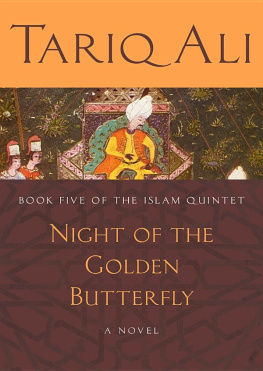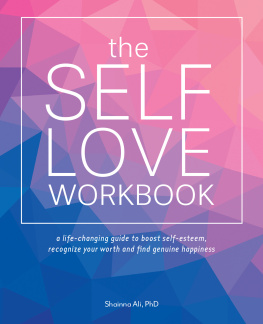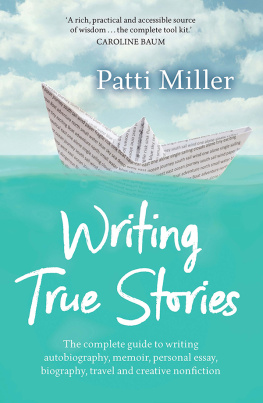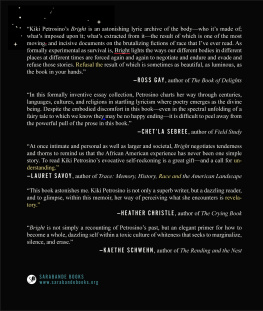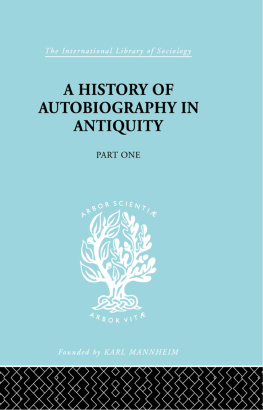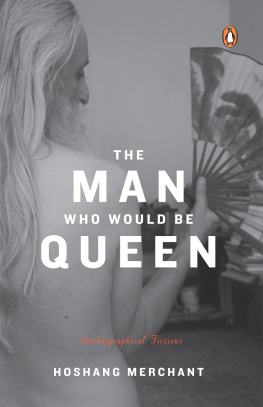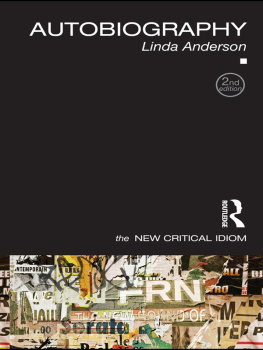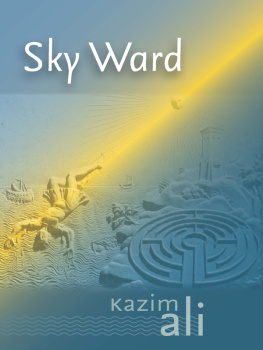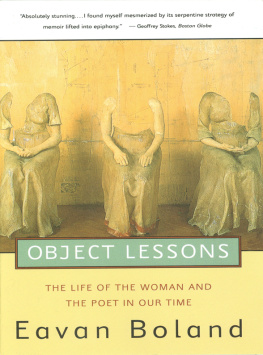BRIGHT FELON
WESLEYAN POETRY
Kazim Ali
BRIGHT FELON
AUTOBIOGRAPHY AND CITIES

Published by
Wesleyan University Press,
Middletown, CT 06459
www.wesleyan.edu/wespress
2009 Kazim Ali
All rights reserved
Printed in U.S.A.
5 4 3 2 1
Portions of this work have previously appeared in Narwhal, Xcp: Cross-cultural Poetics, and Quarter After Eight.
Library of Congress
Cataloging-in-Publication Data
Ali, Kazim, 1971
Bright felon: autobiography and cities /
Kazim Ali.
p. cm.(Wesleyan poetry)
ISBN 978-0-8195-6916-5 (cloth: alk. paper)
I. Title.
PS3601.L375B75 2009
811.6dc22 2009013375
Wesleyan University Press is a member of the Green Press Initiative. The paper used in this book meets their minimum requirement for recycled paper.
This project is supported in part by an award from the National Endowment for the Arts.

A fragment
of a fair copy would undo our slant meeting,
[... ]
I approached
as an alias, trachea
without sound, my signature, bright felon.
| GILLIAN CONOLEY
CONTENTS
ACKNOWLEDGMENTS
Gratitude to Meena Alexander, brave speaker.
To the kind editorial eye, keen ear for the phrase, and quick-slashing pen of Joshua Marie Wilkinson.
To Marco Wilkinson, who saw me through it.
To my cousins Haider Saeed and Laura van Alphen, whose friendship I have always counted on.
I am grateful also to Marilyn Nelson and the Soul Mountain Retreat ( www.soulmountainretreat.com ) for the week in which the manuscript was finalized, and to Suzanna Tamminen for her kind and passionate interest.
And of course, to Jason.
November 2006 April 2007
February 2008 October 2008
BRIGHT FELON
MARBLE HILL
Paradise lies beneath the feet of your mother. A verse Ive heard recited so frequently I do not know if it is scripture or hadith.
Hadith, meaning traditions of the prophet, are always accompanied by a careful oral lineage of who said what to whom, and who heard who say they heard what. Usually back to one of the prophets wives who heard the prophet say it.
The veil also between what you want to see and cannot see, what you wish to have heard but did not hear.
In butoh the dancers are rendered in white smoke, ghosts traversing the stage-as-womb, moving so slowly you do not even know they are there.
If paradise lies beneath the feet of my mother then how will I find my way inside unless she admits me.
Now I look at each face, each body, as it moves around the subway platform, down the stairs and around the platform, onto trains, off of them.
After my aunt Chand-mumanis death I thought of them each as flames, in each the body is combusting, burning up the fuel of the soul.
Michelle after giving birth walked around the city imagining everyone glistening, bordered in amniotic grit.
But is it really like Fanny writes, the body only a car the soul is driving.
Or something of us sunk into the matter of the body, part of us actually flesh, inseparable from it and upon death, truly dispersed, smoke.
The body of the prophets wife always between us. Who said what.
In which case there really is something to grieve at death: that the soul is wind, not immortal.
A middle-aged woman, in the seat in front of me on the train, wearing a green puffy winter jacket. Her hair, though pulled back, frizzy and unkempt.
Its the unkempt I feel tenderness towards.
Have always felt about myself a messiness, an awkwardness, an ugliness.
As a child, such an envy of birds, of graceful slopes, of muscular boys.
In the train rushing above ground at 125th Street. Thinking about stumbling.
House by house, walking down this street or the other one. Going into the library, going into the school.
Where every middle-aged woman is my mother.
Waiting to be trusted with the truth.
I have nearly as much silver in my hair as she does.
Any pronoun here can be misread. He can mean you can mean I.
An odd list of things I want to do in the next five years: study butoh. Write an autobiography. Go back to Paris. Get lost somewhere I havent been.
Also begin to say it.
Marco and I moved to Marble Hill in the summer of 2006.
Let me tell you a story about a city that floats onto the ocean. Opposite of Atlantis which fell into the sea or Cascadia which threatens to rise back out of it.
Marble Hill, a real hill, perched at the northernmost tip of Manhattan Island, a promontory out into the conjunction of the Hudson River and Spuyten Duyvil Creek.
The wind is an instrument, its own section of the sky orchestra.
Today I read of a Turkish mullah who is canceling 800 different hadith regarding treatment of women found now or believed at least to be untrue.
Untrue is it.
Untrue the laws that were graven in fire or graven in stone.
Says the Quran, This is the Book. In it there is no doubt.
All for a belief that a human animal is a wicked one and requires a law.
Which requires if not actual violence then at least the threat of it.
At least fury.
Here in Marble Hill you are where you arent.
Orchestral the river that curves and curves north of the island.
Ships bound for the upper east side from Albany have a harder and harder time negotiating the torturous and twisting Spuyten Duyvil.
So a canal is blasted through and what was once the northern tip of Manhattan became an island.
Walking across one of the bridges in Paris I came to a place called Les Mauvais Garons. Being afraid to enter I crossed the street to another tavern.
I stayed for three hours.
Radiant with traffic, the streets do not remember the gone.
The pillar at the Place de Bastille does not put back brick or bar.
Ten miles out of Chartres nothing but grain across and gray above a dark raven emerges screaming from the fields.
These thoughts are nothing, following one after the other.
Somali lesbians scheduled for their execution. Two boys in Iran convicted of drunken and lewd behavior and hanged for it. Boys. 16 and 18. There was video footage of the actual hanging on the internet.
I watched it myself.
You wear your fingers down copying sacred texts, sang Lalla, but still the rage inside you has no way to leave.
The Arabic line This is the Book. In it there is no doubt can also be read as This is, no doubt, the Book...
Dear mother, there is a folder of my loose poems lost somewhere during the summer of 2006 when I traveled between Pennsylvania, New York City, Virginia, Maine, and your house in Buffalo. There was a letter inside the folder to you.
Though Ive looked and looked and failed to find it, I am sure it is still in the house in Buffalo somewhere. An envelope with a folder inside. Inside the folder loose poems. Tucked into poems, there was a letter.
The veil between what you want to see and what you cannot see.
Emily Dickinson sent her first letter to Thomas Higginson unsigned. She included with the unsigned letter a smaller sealed envelope in which there was a calling card upon which she had written her name.
When Colin Powell spoke at the UN about the invasion of Iraq, workers were asked to hang a black drape over Picassos
Next page

